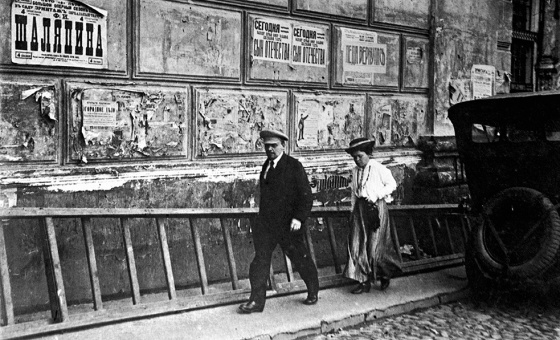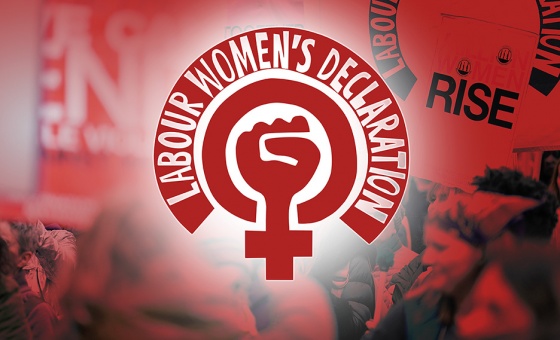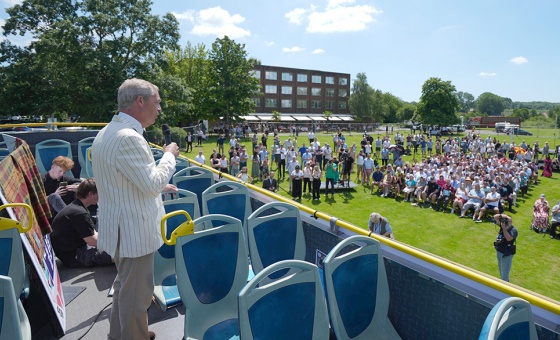This is the last article you can read this month
You can read more article this month
You can read more articles this month
Sorry your limit is up for this month
Reset on:
Please help support the Morning Star by subscribing here
Like the controller in a children's party game of Stations, the Energy and Climate Secretary's rallying cry to energy consumers amounted to little more than a mantra of "swap, swap and swap again."
"All change!" was his one and only answer to Britain's spiralling energy prices.
In the British energy market, 98 per cent of electricity supply is controlled by the big six energy companies.
Swapping suppliers asks a lot of the remaining 2 per cent of generators and even more from consumers, baffled by the array of tariffs on offer.
There are "savings" to be found, but most of these lie within the smaller, clean energy suppliers who squeeze in at the very margins of the energy game.
Their lower costs are partly due to exemptions from the "green taxes," rightly levied on the dirtier parts of an industry that has steadfastly resisted cleaning up its own act.
If the Chancellor has his way, these green taxes will disappear, mainly to the benefit of the big generators rather than the smaller, cleaner ones.
The illusion of consumer gain will give way to the reality that big energy will be just as free to send out big bills for as long as it pleases.
When the choice facing customers is between Fred West, Rose West and the Wild West, we are just locked into the wrong game.
It is the fundamentals of the energy market that have to change if patterns of price exploitation are to be broken.
So, to be helpful, let me suggest two more fruitful dimensions of customer choice that Ed Davey might like to explore. Both involve extending the right to "swap" grids rather than just suppliers.
Just two days before the minister's statement to Parliament, power prices in Germany fell to minus €50/MW hour.
So much renewable energy was being generated that producers were having to pay the European grid to take the excess.
I can already hear my neighbours saying: "I'll have a slice of that!"
Far from being a one-off event, this has become a feature of European energy market transformation that goes well beyond anything that Britain is seriously engaged with.
Wholesale power prices in Europe are now 50 per cent lower than in Britain - a gap that is only set to widen.
Other countries have taken advantage of the meteoric growth of renewable energy generation, and the right to stipulate that the grid must take clean energy before dirty.
An even bigger "digital" revolution allows renewables to drive down peak demand and peak pricing.
It is a revolution wreaking havoc with the old model of energy economics.
Sadly, Britain is one of the few countries that doesn't get it, doesn't give priority grid access to clean energy and doesn't allow its rapidly falling costs to drive down power prices.
As European energy prices fall, so too has the stock market value of the major European utilities.
Big energy is being forced to live on normal rather than supernormal profits. Their share prices reflect this.
The smarter European energy companies are already talking of an "asset-light" future - selling off their power stations and offering energy services rather than power production. They know which way the wind is blowing.
Only in Britain is there still an obsession with throwing public money at "old energy" and high energy bills.
We may look enviously at European wholesale energy prices, but how does the public get access to them?
In theory, Britain is signed up to the completion of a single European transmission market.
In 2002 the European Commission set an informal target for member states to secure 10 per cent of their electricity capacity through interconnection by 2005. In 2010 Britain had still not met the 2005 target.
This year the European Commission estimated such integration could save consumers some €35 billion a year in electricity costs in 2015 (compared with 2012 prices).
So why is this almost completely absent from the heat of today's energy debate in Britain?
Britain has just 4GW of European interconnector capacity. It amounts to less than 7 per cent of last year's peak UK power demand (roughly 58GW).
In theory, we also have another 5.8GW in the planning pipeline. But progress has been tortuously slow.
One explanation is that ministers are just useless at grasping the significance of both interconnectors and strategic reserves.
Another is that energy companies do understand it and oppose it - knowing that more interconnection would bust open Britain's rigged energy market.
Behind bogeyman stories that "the lights may go out," the government is happy to shovel over £100 billion of public subsidies into a new generation of nuclear power stations that, even if you believe them, will not be on stream for over a decade - not much use to any supply crisis in this decade.
Any such crisis would then require even more public subsidies to the big six in the form of "capacity payments." And still your bills will go up.
There has been no mention of the fact that Britain quietly completed its last interconnector project in less than 18 months, and at a cost of around £520m.
The BritNed interconnector delivers 1GW of electricity through the link into the European grid via the Netherlands. For less than the construction costs of a single nuclear power station you could have 30 of these and more spare capacity than the country would know how to deal with. You would also have tumbling power prices.
The public would love it. But it would be game over for the big six. And therein lies the government's problem.
Government has become a catering service for a cartel. Though the game no longer works, life is simpler when handing policy and strategy over to the companies who so generously second their staff to government to help write energy policy. No wonder other regulatory options don't even get on the agenda.
No mention, then, of Iowa's MidAmerican Utility company, which delivered no increase in retail electricity prices from 1995-2010.
It did so on the basis of substantial investment in energy efficiency and wind generation.
Different parts of the US use other regulatory measures that incentivise gains being passed back to customers, guaranteeing a return on capital of, say, 10 per cent, with everything beyond this going directly back to the public. Companies then compete to see who can deliver the most in public payback.
The guaranteed revenue stream of feed-in-tariffs (Fits) also allows energy investment that comes in from individuals and pension funds, happy to accept 4-6 per cent interest rates at a time when utilities are having to reward equity investors at 10-20 per cent rates.
All this is tied in with a more regulated but democratised and decentralised, approach to the energy systems of tomorrow.
Perhaps the biggest game changer of all, however, is in the notion that consumers can cut their energy bills dramatically by taking over the ownership of their own local grid. The local is the natural counterbalance to the transnational.
In Hamburg citizens have voted to take their energy grid back into social ownership. It holds the prospect of cutting electricity bills in half.
Berlin has just held a similar referendum, in which over 600,000 citizens voted - and 83 per cent voted in favour - on a proposal to take over their own grid.
For the moment it won't proceed because the total turnout did not pass the necessary threshold - but the citizens' movement will be back.
This "socialisation" of energy is already part of the now. Big energy in Britain will deny it and resist it with all the power that death throes - and money - can muster.
Politicians will ignore it in favour of short-term sweeteners that give playground advantage over their opponents.
This is a shame because the moment calls out for someone willing to change the game.
Internationally, there is an unfolding public recognition that we ourselves might be the the most powerful channel for collectively breaking the last game in favour of the next - that an interdependent, interconnected energy democracy is already in the making.
This is the "now" that can cut bills, cut emissions and kick out the cartel. It would be good if we were a part of it.
Alan Simpson is an independent energy adviser and former Labour MP for Nottingham South









